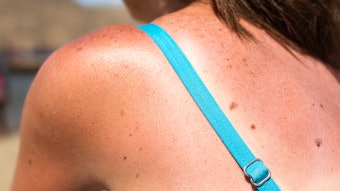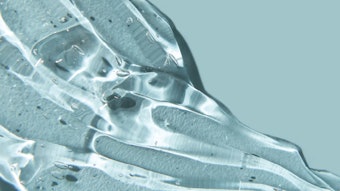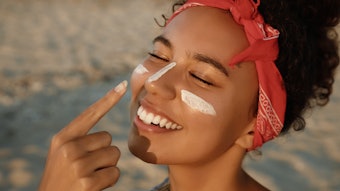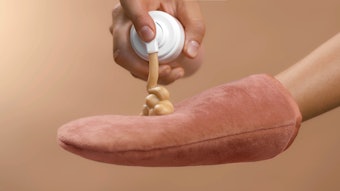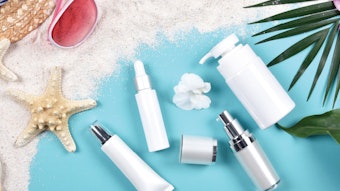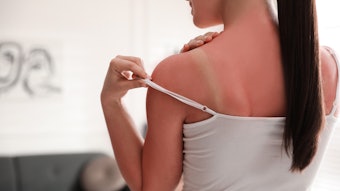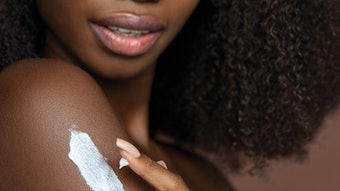
September is Healthy Aging Month in the United States. There are a lot of practices that go into healthy aging, but one to note is skin care and sun protection. How are you recommending sun protection to clients? Include it as part of their healthy aging regimen with the following support.
Sun Protection All Year Long
In the summertime, we think if it’s bright and hot outside, we should put on some sunscreen. However, that leaves us to ask the question of whether this should be an every day mindset. The sun’s UV rays don't follow a calendar and will still find their way to us even on overcast days. Remember that the sun still shines in fall, winter and spring.
This is a practice that should be started and a part of our daily routine from an early age. While that shift in thinking is starting to occur, it’s growing at a slow pace.
Debunking Common Sun Myths
- A tan is healthy. False. Just because it isn't a burn does not mean it is healthy.
- My skin is dark, so I’m protected. Incorrect. UV rays can still penetrate the skin no matter what pigmentation it has.
- I don’t burn, so I don’t need sun protection. Ouch. No.
- Sunglasses aren’t important. Inaccurate. Remember your eyes are subjected to UV damage as well.
- Sun damage is reversible. Negative.
- The shade fully protects me from the sun. Wrong. While it is a good start, the shade does not provide full protection from the sun or its UV rays.
Sun and Skin Aging
When it comes to exposing yourself to the sun, the UV rays have direct effects on the skin's aging process. Photoaging is not the same as natural aging. Here are only a few quick statistics on what the sun can do to the aging process:
- An estimated 90% of skin aging is caused by the sun.
- People who use sunscreen with an SPF of 15 or higher on a daily basis show 24% less skin aging than those who do not use sunscreen daily.
- Sun damage is cumulative. Only about 23% of lifetime exposure occurs by age 18.
- UV exposure seems to be responsible for 80% of visible facial aging signs.
- Repeated UVA exposure through a glass window causes photoaging.
- Your number of wrinkles is significantly related to your total hours of lifetime sun exposure.
Sun and Overall Health
Also consider the fact that sun exposure and corresponding burning can have dreadfully compromising effects to your overall health.
- More people are diagnosed with skin cancer each year in the United States than all other cancers combined.
- One in five Americans will develop skin cancer in their lifetime.
- Actinic keratosis is the most common precancerous condition; it affects more than 58 million Americans.
- About 90% of non-melanoma skin cancers are associated with exposure to UV radiation from the sun.
As we recognize Healthy Aging Month this September, consider the general, everyday practices that make you a healthier person, but also take a good, long look in the mirror and set the course for improved and inspired skin health moving forward. Use a good quality sunscreen. Heck, there are even makeup products on the market that incorporate it. Your skin is literally your body’s protectant, and you’ve only got one shot at protecting it. Start now and take control of your healthy aging – it’s totally attainable; and it’s totally up to you.

